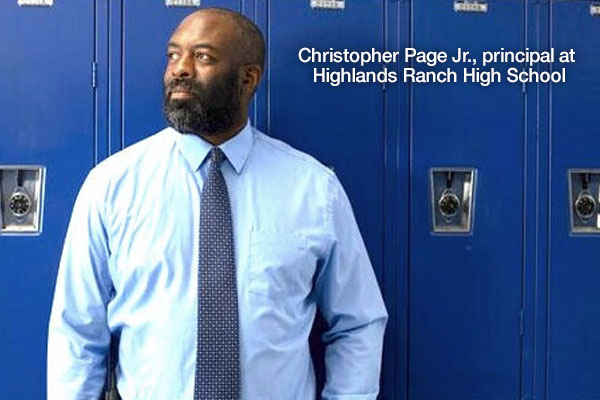THE KIDS ARE NOT ALRIGHT –
Aug. 31, 2023 – In a moment that seems to plead for creativity, educators are finding new ways to bring support into schools. Some universities are expanding counseling programs, hoping to produce more graduates. Schools are hiring interns and trainees. Some states, including California, are offering scholarships to lure students into mental health professions, while researchers are going back to the basics, rethinking what it means to be a mental health care provider.
But the need is immediate and widespread, and services often are not. It would take 77,000 more school counselors, 63,000 more school psychologists and likely tens of thousands of school social workers to reach levels recommended by professional groups before the pandemic hit, those organizations say. Typically, the jobs require a master’s degree, meaning six or seven years of higher education. The pipeline does not flow rapidly. John R. Weisz, a professor at Harvard University who studies youth mental health, recalled visiting a school with 600 students at which the principal was the lone person working with pupils in distress. Weisz said he’s come across therapy waitlists of 5 to 10 months in community clinics in the Boston area and elsewhere; some queues were closed because waits exceeded a year.



